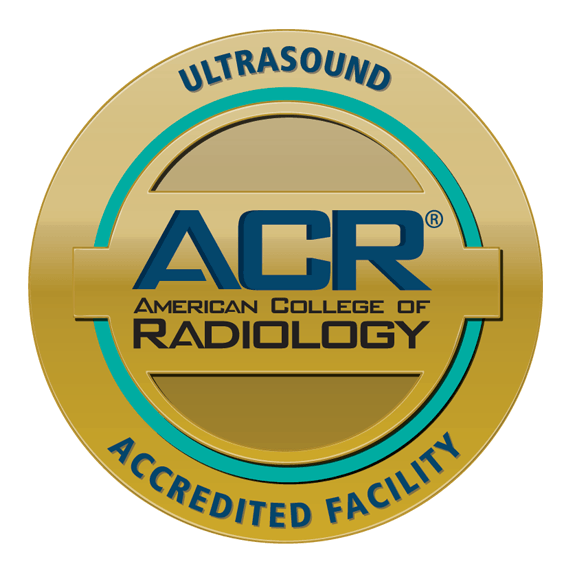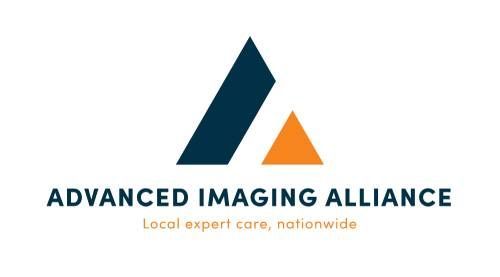Echocardiography
What is Echocardiography?
Echocardiography – also known as an “echo” – creates images that show the size, structure, and movement of different parts of your heart, including:
- Heart valves that prevent blood from flowing backward
- The septum, which is the wall that separates the right and left heart chambers
- The walls of your heart chambers
Reasons Your Doctor May Order Echocardiography
Your doctor may order an echo for a variety of reasons. Some of these include:
- Diagnosing a potential heart problem
- Determining the next steps for treatment or guiding that treatment
- Monitoring any changes or improvements
- Determining a possible need for more tests
Ultrasonographers perform echocardiography to detect a wide variety of heart problems in patients. These issues can range in severity from minor to serious. Your doctor can use echo to assess the various aspects of your heart that provide clues to your overall heart health.
Here are a few other heart-related screenings and health issues that an echo can be used to determine or detect.
The Size of Your Heart
A number of issues can cause an enlarged heart, including high blood pressure, leaky heart valves, and even heart failure.
The Thickness of Your Ventricles
The ventricles are the two lower chambers within your heart. Increased thickness in your ventricles may be the result of high blood pressure, heart valve disease, or congenital heart defects.
Weak Heart Muscles
Weak heart muscles do a poor job of pumping blood throughout the body. Weakened heart muscles may indicate that your heart is not getting enough blood, which may be a sign of coronary heart disease.
Issues Related to the Heart Valve
An echo can determine if you are experiencing health problems relative to your heart valve. In this case, your heart valves may not close tightly or open normally.
Problems Related to Heart Structure
Echocardiography can detect congenital heart defects, which are the result of structural problems present at birth. Congenital heart defects include holes in the heart (septal defect), holes in the septum that separates the left and right side of your heart (atrial septal defect), and holes in the septum that separates your heart’s ventricles (ventricular septal defect).
Blood Clots or Tumors
Echocardiography can detect blood clots or tumors that may have caused a stroke.
Schedule Your Radiology Appointment With Naugatuck Valley Radiology
Echocardiography is available at an affordable medical clinic near you. Our doctors' imaging services provide essential echocardiography and other tests that help you live a long, healthy life. To schedule echocardiography or other radiology appointments, contact Naugatuck Valley Radiology.






